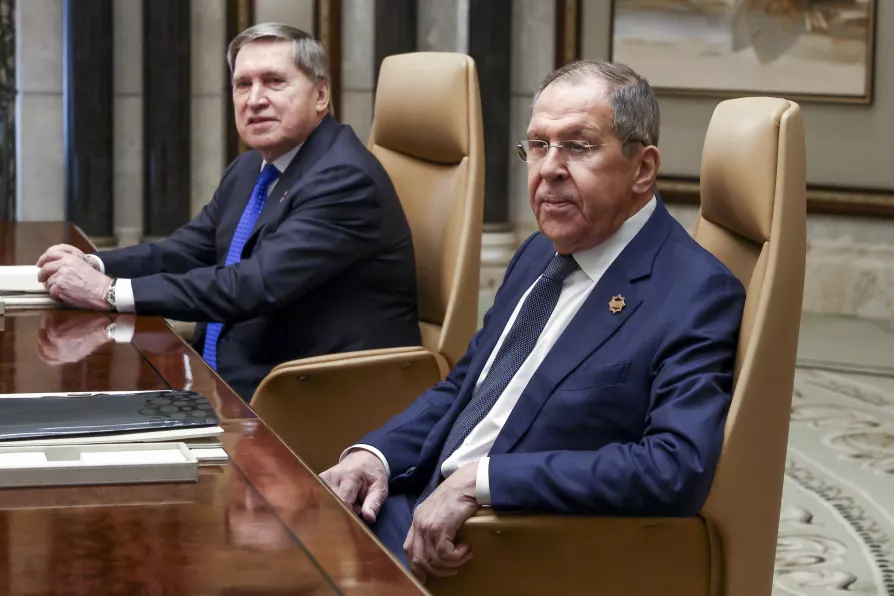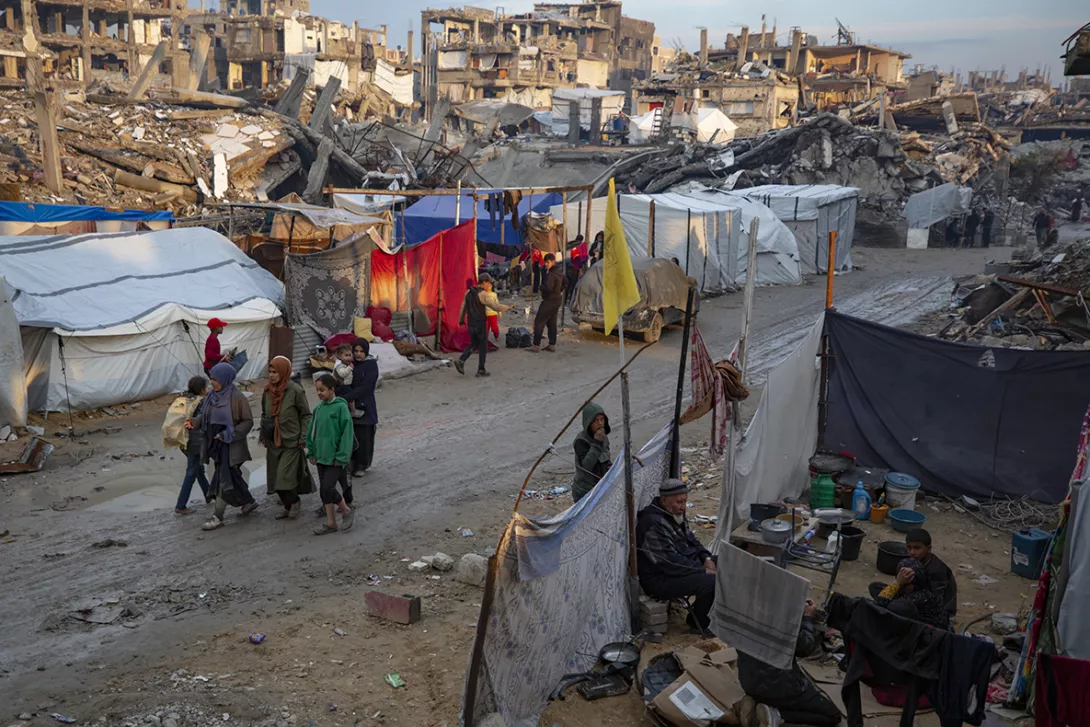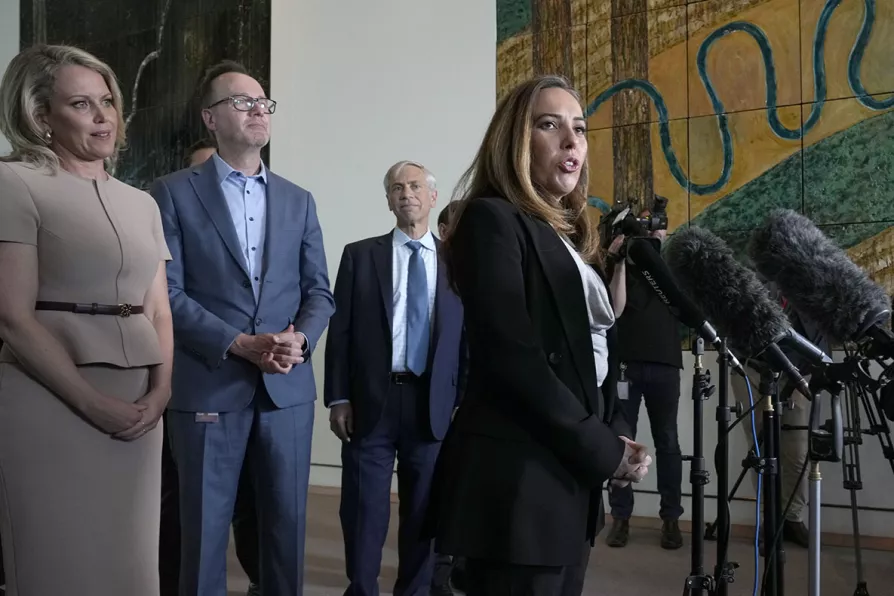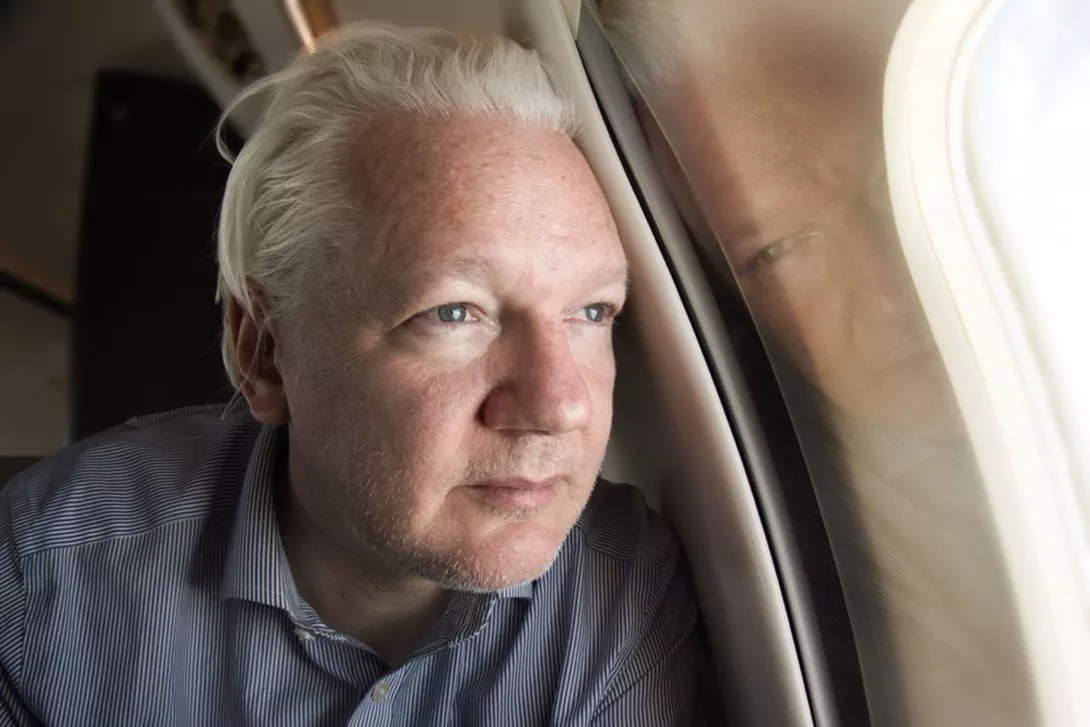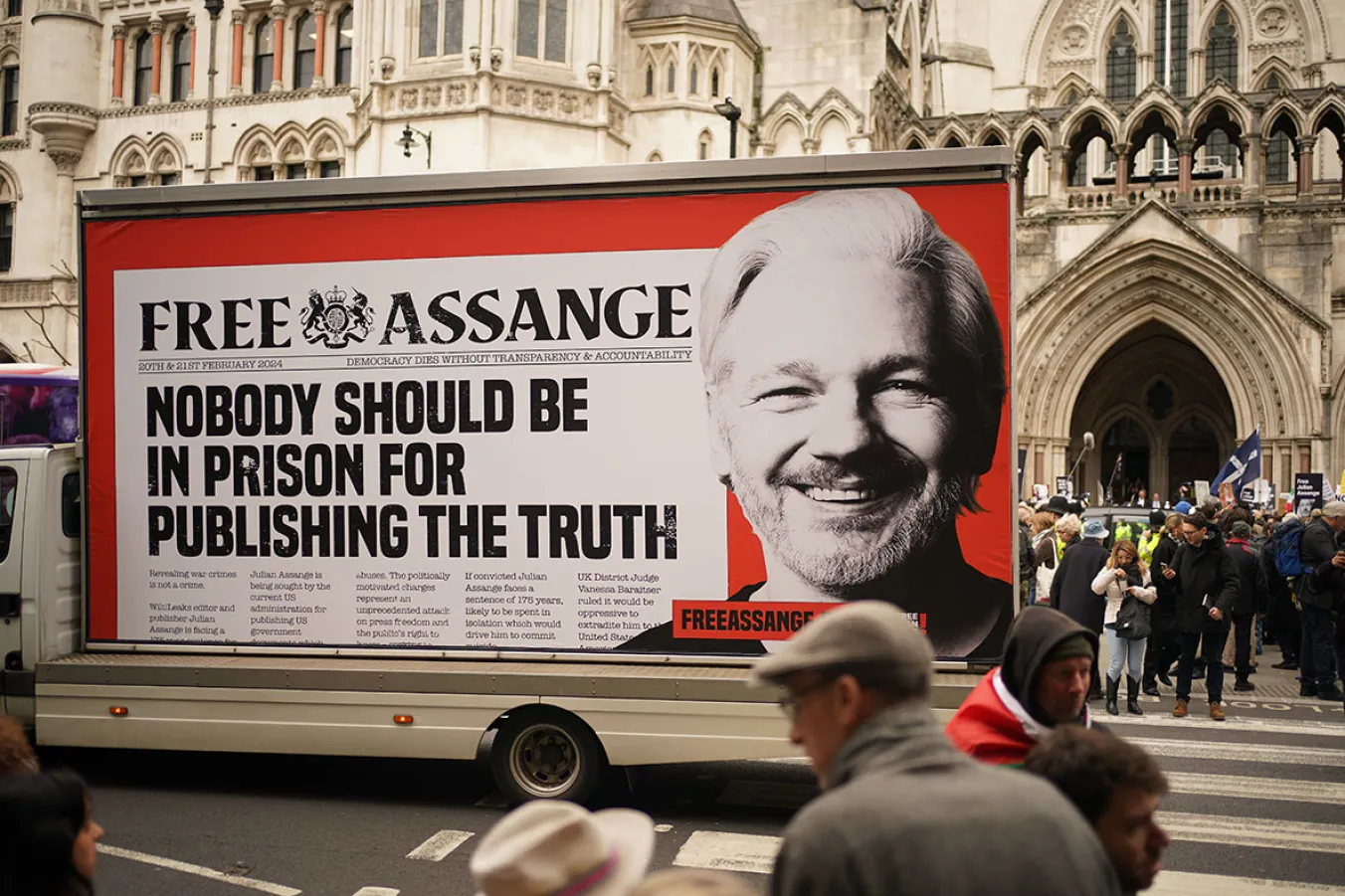Wikileaks founder Assange says he was freed after he ‘pleaded guilty to journalism’
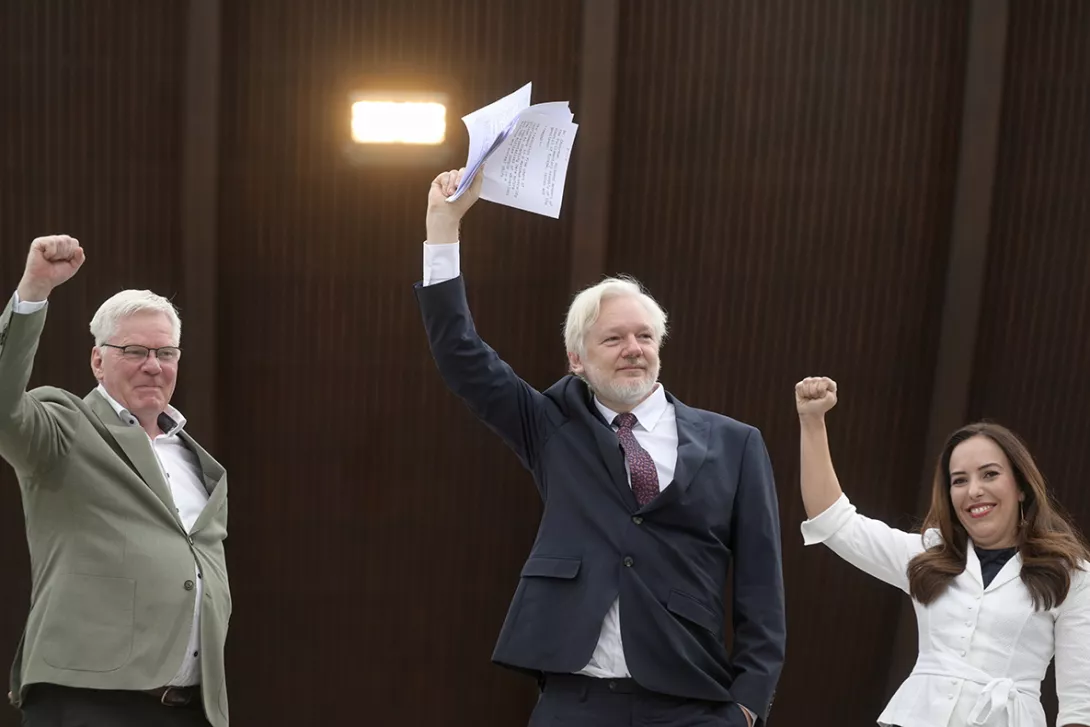
WIKILEAKS founder Julian Assange said today that he was freed after five years of incarceration because he had “pleaded guilty to journalism.”
Mr Assange, making his first public remarks since his release from Belmarsh prison in south-east London, gave evidence of the impact of his detention and conviction to the legal affairs and human rights committee of the Parliamentary Assembly of the Council of Europe in Strasbourg, France.
He was freed in June after pleading guilty to obtaining and publishing US military secrets in a deal with US Justice Department prosecutors.
More from this author
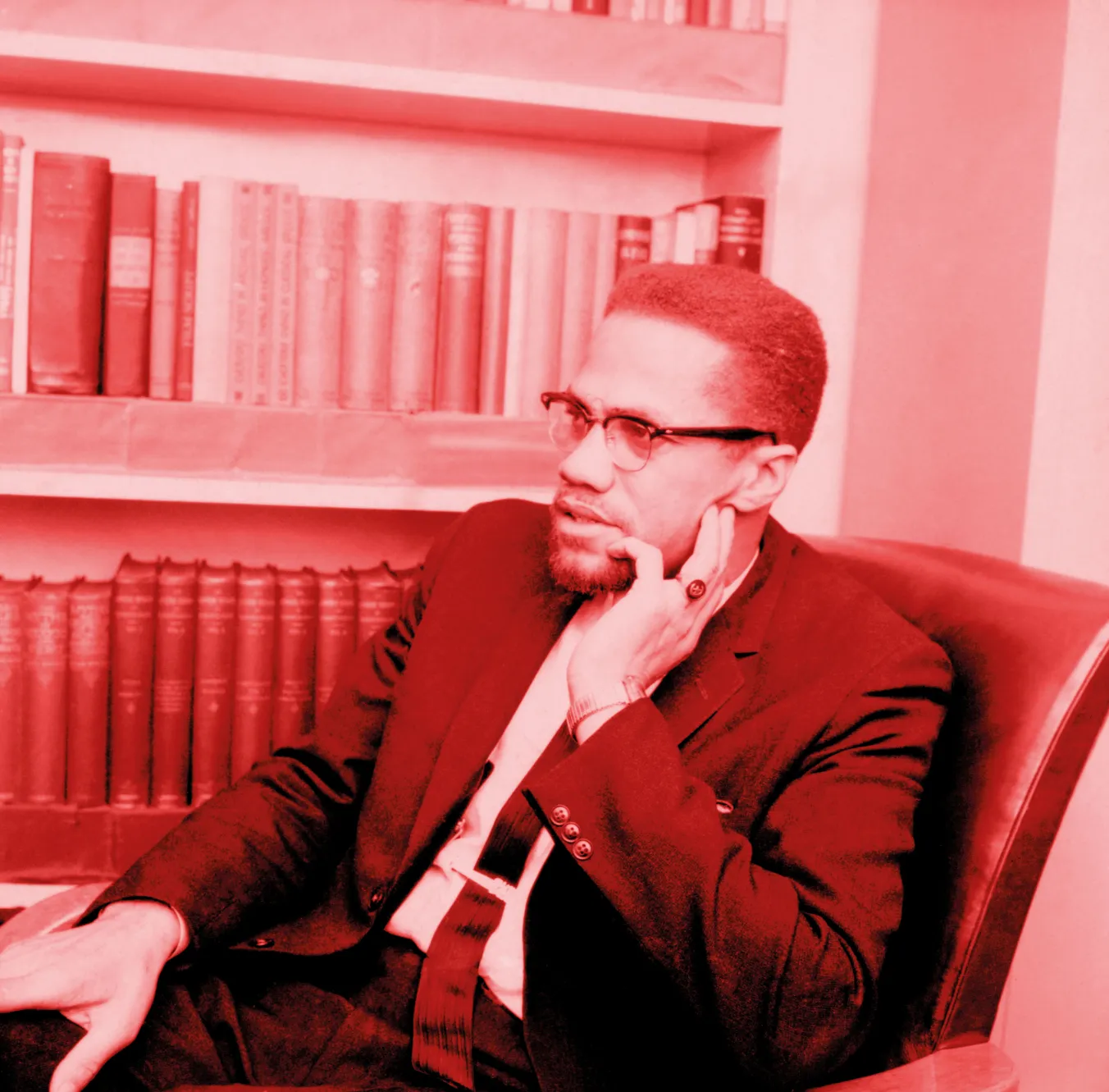
ROGER McKENZIE looks back 60 years to the assassination of Malcolm X, whose message that black people have worth resonated so strongly with him growing up in Walsall in the 1980s
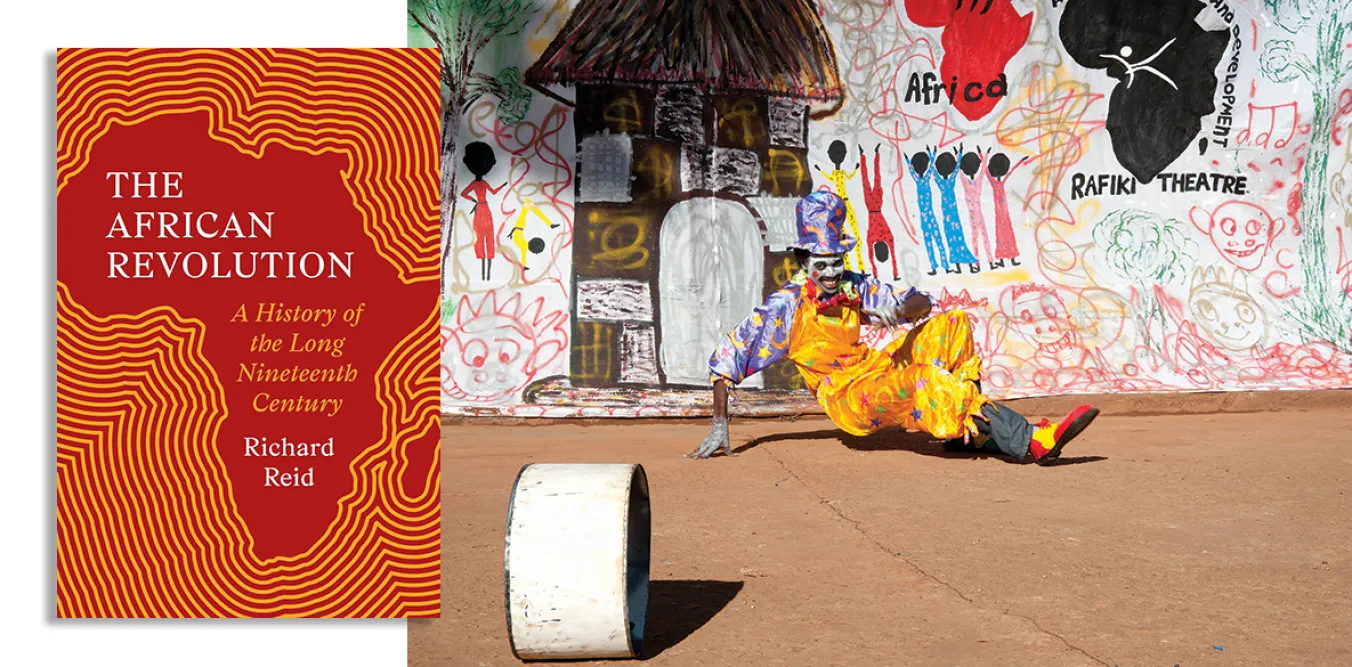
ROGER McKENZIE welcomes an important contribution to the history of Africa, telling the story in its own right rather than in relation to Europeans
Similar stories
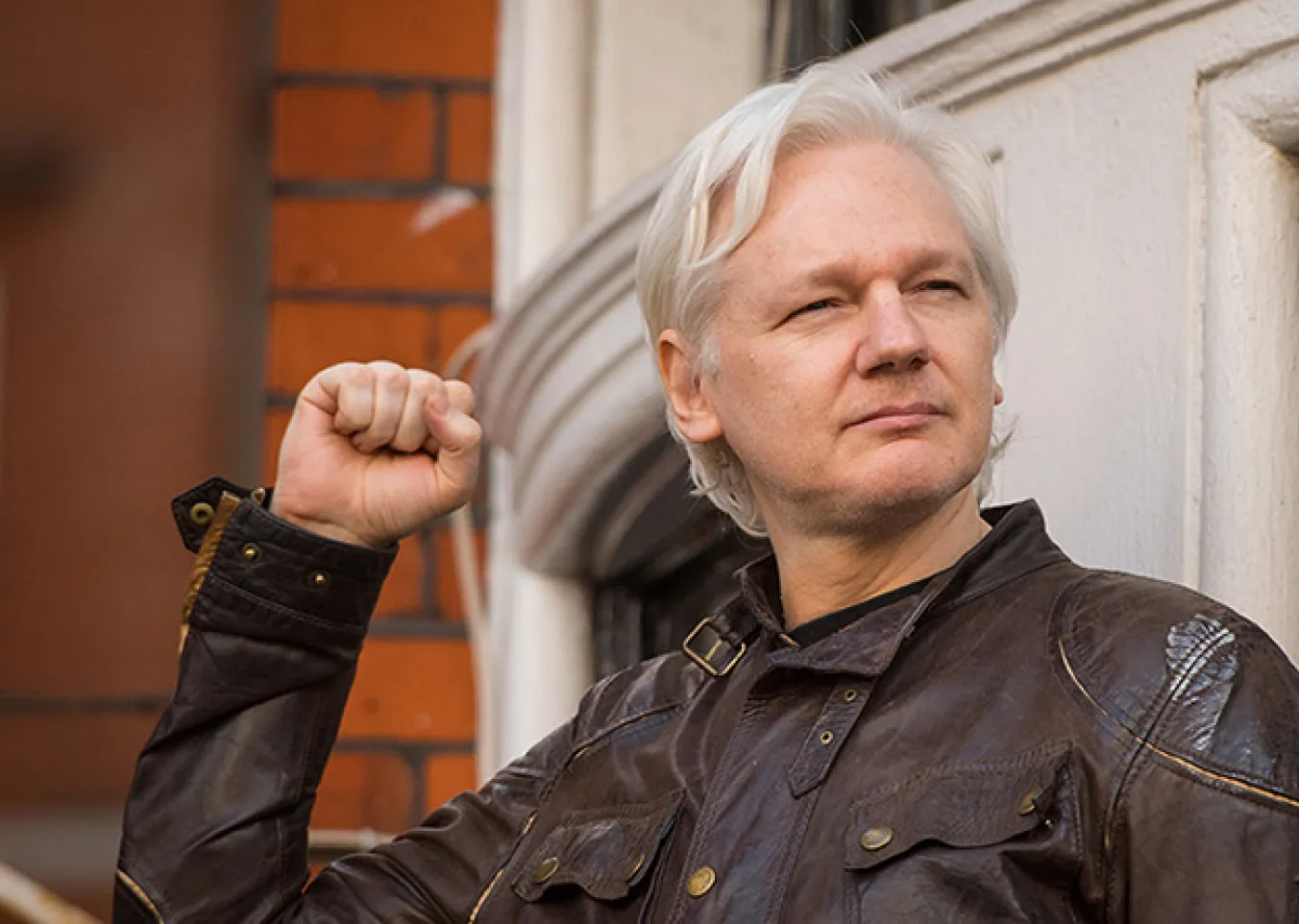
At long last the WikiLeaks founder is free. For all those who care about freedom of speech it’s time to celebrate, writes TIM DAWSON of the International Federation of Journalists


